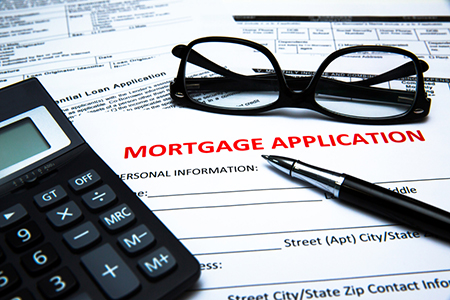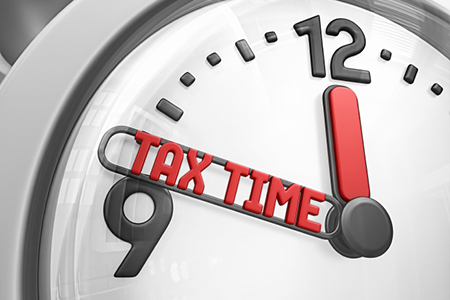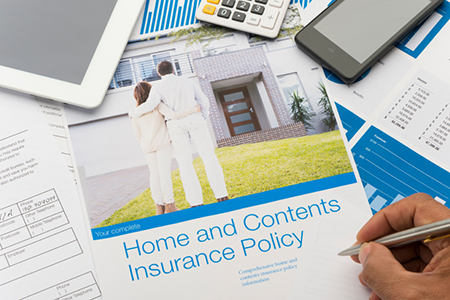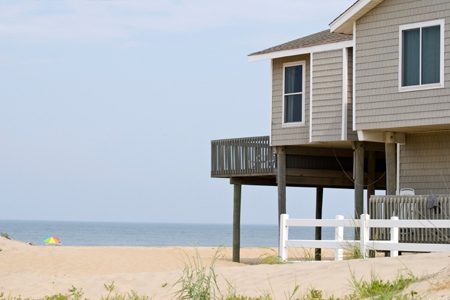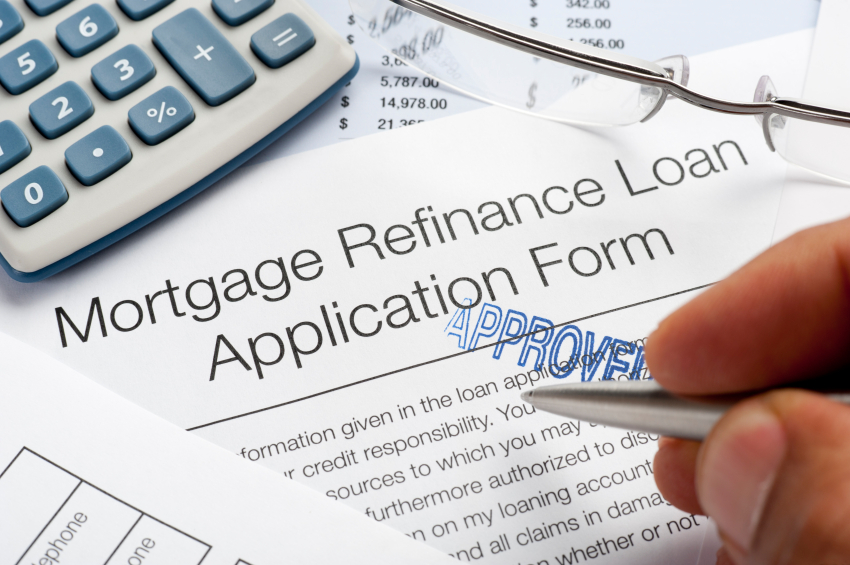A mortgage makes homeownership possible for most people. In the simplest terms, it is a loan that is secured by real property. The lender holds title to the home until the loan is completely repaid. If you fail to pay up, the lender has a right to take the property, sell it, and recover the money that is owed.
The amount of a mortgage will vary greatly depending on the down payment you make to reduce the amount of money that is needed to finance the home. You may put as much money down as you like, or you can sometimes pay as little as 3 to 5% of the purchase price, or sometimes nothing at all. The more you put down, the more you reduce the amount that is financed, thereby lowering your monthly payment.
The monthly payment consists of both principal and interest but also typically includes additional amounts to cover property taxes and insurance—specifically hazard insurance and private mortgage insurance, the latter of which is required for down payments less than 20% of the purchase price.
Home buyers in the U.S. have access to several different types of mortgage loans.



